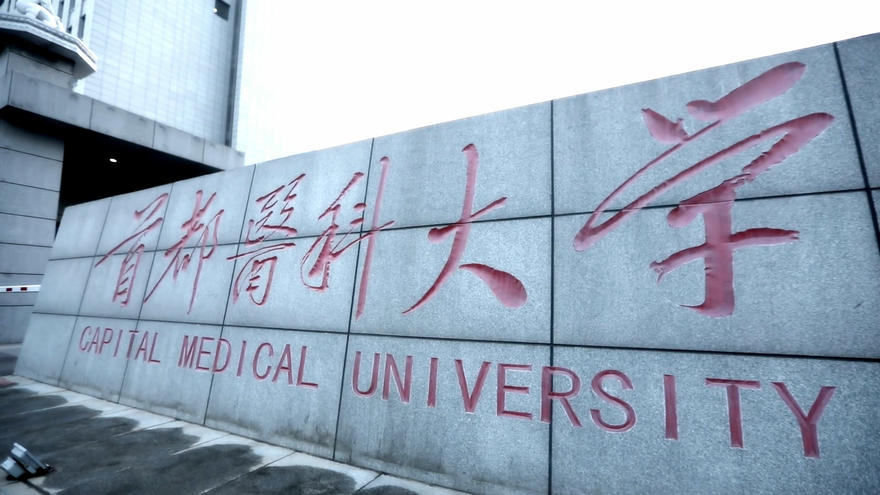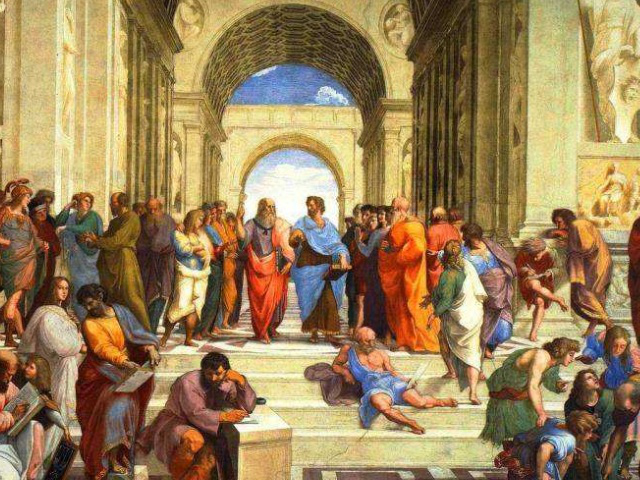
About This Course
This course is a basic introduction to the main principles of political philosophy. The history of political philosophy, whether in China or the West, is a history of debates about contrasting political values: What matters more, freedom or community? Equality or hierarchy? Democracy or political meritocracy? Nationalism or cosmopolitanism? Different thinkers in China and the West have put forward different arguments for prioritizing different values, depending on their political ideals and visions of the good life. These political values recur in different times and places and they are still being debated today. In this course, we will discuss some of the more influential arguments for and against these contrasting political values in the history of political thought.
Requirements
Please read the assigned bibliography carefully before class.
Course Staff
Daniel A. Bell is Dean of the School of Political Science and Public Administration at Shandong University and professor at Tsinghua University (Schwarzman College and Department of Philosophy). He was born in Montreal, educated at McGill and Oxford, has taught in Singapore, Hong Kong and Shanghai, and has held research fellowships at Princeton ’ s University Center for Human Values, Stanford’s Center for Advanced Study in the Behavioral Sciences and Hebrew University’s Department of Political Science.He is the author of numerous books including The China Model: Political Meritocracy and the Limits of Democracy (2015), The Spirit of Cities: Why the Identity of a City Matters in a Global Age[coauthored with Avner de-Shalit] (2011), China’s New Confucianism: Politics and Everyday Life in a Changing Society (2010), Beyond Liberal Democracy: Political Thinking for an East Asian Context (2006), and East Meets West: Human Rights and Democracy in East Asia (2000),Just Hierarchy:Why Social Hierarchies Matter in China and the Rest of the World.Co-authored with Wang Pei,all published by Princeton University Press. He is also the author of Communitarianism and Its Critics (Oxford, 1993). In 2018, he was awarded the Huilin Prize and was honored as a "Cultural Leader" by the World Economic Forum. In 2019 he was awarded the Special Book Award of China.




